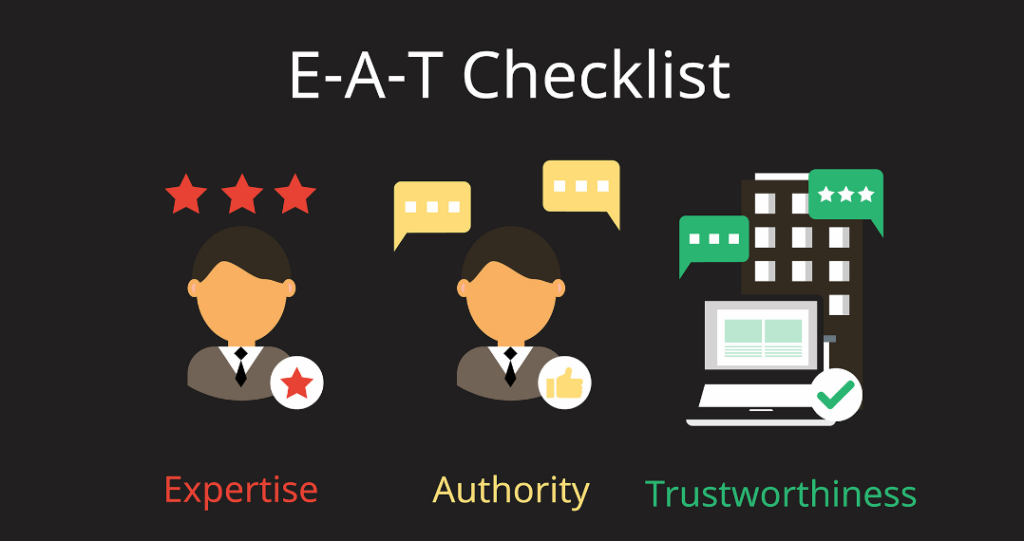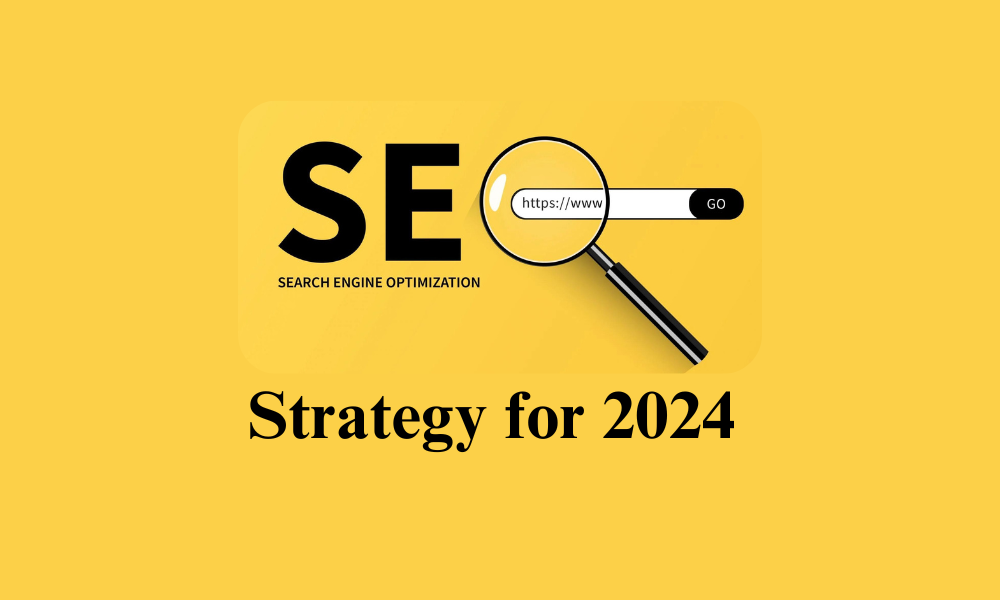Future-Proofing Your SEO Strategy for 2024 and Beyond
In the dynamic landscape of digital marketing, future-proofing your SEO strategy is paramount to staying competitive and relevant in 2024. As search engines evolve and user behaviors shift, businesses must adapt to ensure their online presence remains effective. This article explores key strategies and considerations to future-proof your SEO efforts in 2024 and beyond.

Table of contents
- Future-Proofing SEO
- Importance of Adaptability in SEO Strategy
- Leveraging AI and Machine Learning for SEO
- Voice Search Optimization
- Mobile Optimization Strategies
- E-A-T (Expertise, Authoritativeness, Trustworthiness) in SEO
- Content Quality and Relevance
- Technical SEO Considerations
- Video SEO Optimization
- Conclusion
Future-Proofing SEO
The digital ecosystem is constantly evolving, influenced by technological advancements, algorithm updates, and changing user preferences. Future-proofing your SEO strategy involves anticipating these changes and proactively adjusting your approach to maintain visibility and relevance.

Importance of Adaptability in SEO Strategy
Adaptability is the cornerstone of a future-proof SEO strategy. Being responsive to algorithm changes, emerging trends, and shifting market dynamics allows businesses to stay ahead of the curve and capitalize on new opportunities.
Leveraging AI and Machine Learning for SEO
AI and machine learning technologies are revolutionizing SEO. Utilizing these tools for data analysis, content optimization, and personalized user experiences can significantly enhance SEO performance and effectiveness.
Voice Search Optimization
The rise of voice search presents unique challenges and opportunities for SEO. Optimize content for voice search by understanding conversational language and focusing on long-tail keywords to capture voice search traffic.
Mobile Optimization Strategies
With mobile devices accounting for a significant portion of internet traffic, mobile optimization is non-negotiable. Implementing responsive design, fast-loading pages, and mobile-friendly content ensures a seamless user experience and boosts SEO rankings.
| Mobile Optimization Strategies | Explanation |
| 1. Responsive Design | Implementing responsive design ensures that your website adapts to different screen sizes and devices, providing a consistent and user-friendly experience across mobile, tablet, and desktop devices. This helps in reducing bounce rates and improving user engagement. |
| 2. Fast-Loading Pages | Optimizing your website for fast-loading pages is crucial for mobile users who expect quick access to content. Compressing images, minifying code, leveraging browser caching, and using content delivery networks (CDNs) are effective strategies to improve page loading speed. |
| 3. Mobile-Friendly Content | Creating mobile-friendly content involves formatting text for readability on smaller screens, using legible fonts, and optimizing multimedia elements like videos and images for mobile consumption. Additionally, prioritizing important content above the fold enhances user experience. |
| 4. Accelerated Mobile Pages (AMP) | Implementing AMP for relevant pages can significantly improve loading speed and user experience on mobile devices. AMP strips down web pages to essentials, minimizing extraneous code and focusing on delivering content quickly. |
| 5. Optimize Forms for Mobile | Streamlining forms and input fields for mobile devices by using autofill suggestions, reducing the number of required fields, and implementing mobile-friendly input methods like date pickers and dropdown menus improves user experience during form submissions on mobile. |
| 6. Test and Optimize | Regularly testing your website’s mobile performance using tools like Google’s Mobile-Friendly Test and PageSpeed Insights helps identify optimization opportunities. Continuously optimizing based on user feedback and analytics data ensures ongoing improvement in mobile user experience and SEO rankings. |
E-A-T (Expertise, Authoritativeness, Trustworthiness) in SEO
Google’s emphasis on E-A-T underscores the importance of establishing expertise, authoritativeness, and trustworthiness in your content. Building a strong brand reputation, producing high-quality content, and earning credible backlinks are key elements of E-A-T optimization.

Content Quality and Relevance
Creating valuable, relevant, and engaging content is fundamental to SEO success. Focusing on user intent, incorporating multimedia elements, and optimizing for readability and shareability are essential for driving organic traffic and engagement.
User Intent Alignment: Ensuring that your content directly addresses user queries and intent increases its relevance and value, leading to higher engagement and conversions.
Multimedia Integration: Incorporating images, videos, infographics, and other multimedia elements enhances the visual appeal and comprehensiveness of your content, catering to diverse audience preferences.
Readability Optimization: Using clear, concise language, organizing content with headings and subheadings, and maintaining a logical flow improves readability, encouraging visitors to stay longer on your page and consume more content.
Shareability Enhancement: Creating shareable content by including social media buttons, encouraging discussions, and offering actionable insights encourages users to share your content, expanding its reach and driving referral traffic.
Technical SEO Considerations
Technical SEO forms the foundation of an effective SEO strategy. Improve search engine visibility and user experience by addressing technical issues like site structure, crawlability, metadata optimization, and schema markup.

Video SEO Optimization
Video content continues to gain traction in digital marketing. Optimize video content with relevant keywords, compelling titles, and engaging descriptions to enhance visibility on video platforms and SERPs.
Conclusion
Future-proofing your SEO strategy for 2024 requires a holistic approach that embraces adaptability, innovation, and user-centricity. By staying abreast of industry trends, leveraging emerging technologies, and prioritizing user experience and content quality, businesses can position themselves for long-term successful SEO strategy in 2024 and beyond.
Read more: Creating Effective Marketing Campaigns with Limited Budgets
FAQs:
Future-proofing in SEO means anticipating and adapting to changes in search engine algorithms, user behaviors, and technological advancements to maintain competitiveness and relevance.
Adaptability is crucial in SEO strategy to respond to algorithm updates, emerging trends, and market shifts, ensuring sustained visibility and effectiveness.
AI and machine learning can enhance SEO by improving data analysis, optimizing content, and delivering personalized user experiences, leading to better performance and results.
Key elements of E-A-T (Expertise, Authoritativeness, Trustworthiness) in SEO include building expertise through high-quality content, establishing authority with credible backlinks, and fostering trust with a strong brand reputation.

Alex Mitch
Welcome to my blog! With over 10 years in digital marketing , I’ve seen its incredible impact on smaller businesses. Join me as we explore how digital marketing can grow your audience and boost your business. Whether you’re an experienced entrepreneur or just starting out, you’ll find practical tips and insights to enhance your digital marketing strategies.





